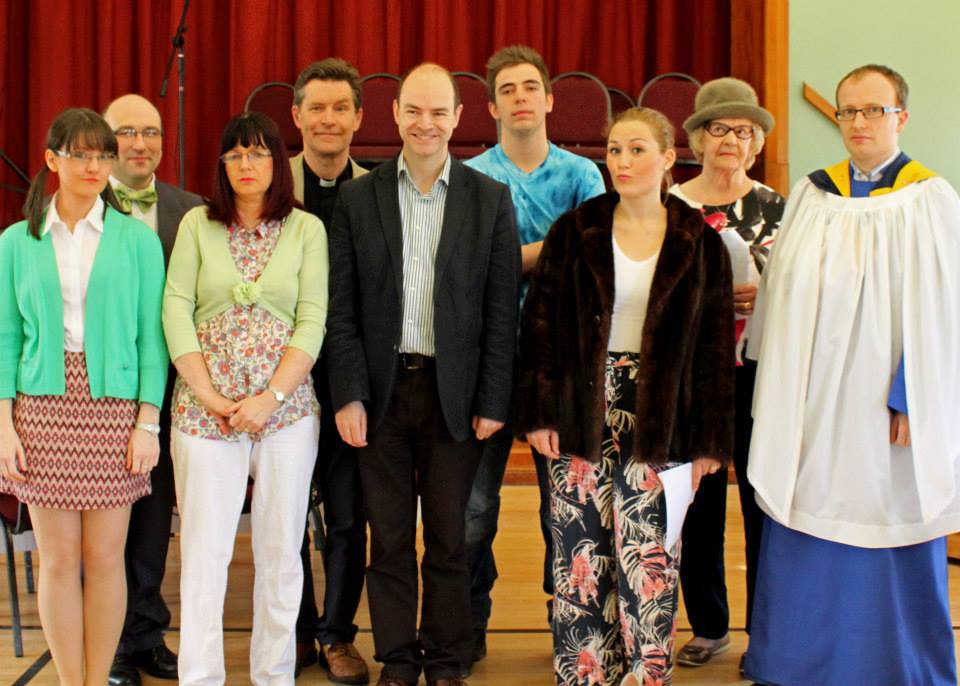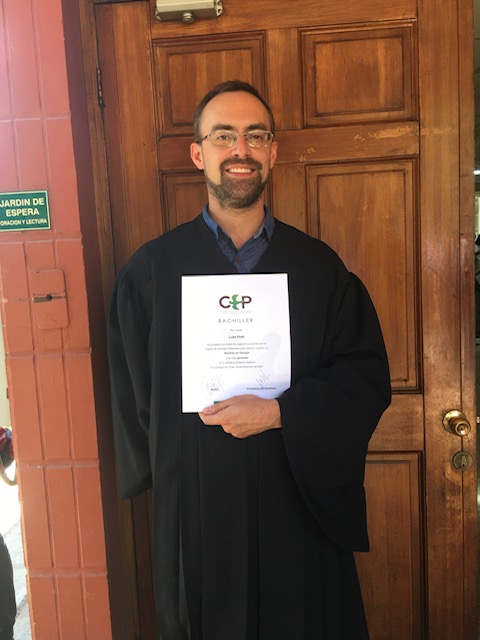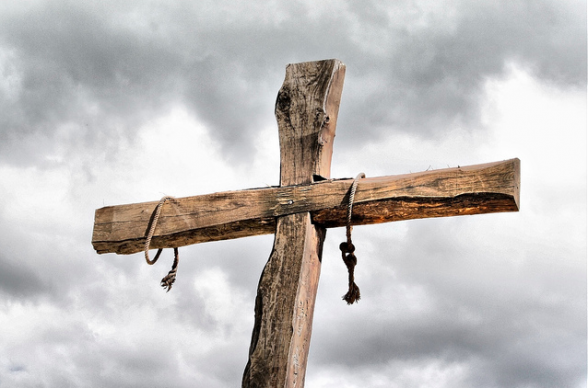‘Since We have been justified by faith, we have peace with God through our Lord Jesus Christ.’ Romans 5.1
The last Sunday in October is described as Reformation Sunday or Bible Sunday in the Prayer Book. It commemorates the start of the Reformation usually taken to be 30 October 1517 when Martin Luther nailed his ninety five theses to the door of the Castle Church in Wittenberg (in modern-day Germany). This makes next year the 500th anniversary of a religious movement which in many ways has made our modern world what it is. The Church of Ireland has been shaped largely by the ideas and doctrines rediscovered in that period of history.
Luther was a lecturer in theology at the University of Wittenberg. He was an Augustinian monk and an academic who was also caught up with the problem of his own salvation. After ten years of study and teaching he came to understand that salvation was by faith alone, not by religious observance. It was an earth-shattering, life-changing rediscovery. The discipline of a monk’s life, though it was as severe as he could make it, had not achieved redemption for him. Instead, through his study of the Bible in its original languages, Luther came to realise that the gospel was not what the Church had taught him. Luther did not regard this theology as particularly revolutionary (except personally) because it was present in the writings of the early church fathers. But it was to shake up the Church in a way he could never have imagined.
What prompted Luther’s ninety five theses was the abuses of the Medieval church, especially the sale of Indulgences. Indulgences were pardons from purgatory, the place where souls were thought to suffer after death to work off some of the punishment for their sins. By paying money for an indulgence an individual could buy his way out of sin – either for himself or for someone who had already died. It was a very emotive issue.
Without properly realising it at the time Luther was beginning to reject all ‘good works’ (like paying for an indulgence) as ways to God and to return the biblical teaching of justification by faith alone to central stage. This was a momentous occasion for the Church and began to influence religious thinking across Europe and eventually throughout the world.
Today the reticence in some Protestant quarters to fully embrace the Reformation is understandable but mistaken. True, the tone and tenor of sixteenth century debate jars with our modern sensibilities. And Luther himself did not always say or do the right thing. Nevertheless the truth of the gospel, which had almost been lost, was recovered by the Reformers, including our own Anglican forebears like Cranmer, Latimer and Ridley. We must prize what they taught about the way to God being by faith in Christ alone.
The best introduction to the Reformation that I know is Kirsten Birkett’s book The Essence of the Reformation which can be found on the bookstall. We intend to contribute some articles on the people and doctrines of the Reformation to the Breda Messenger throughout the anniversary year in 2017.
Sincerely in Christ
Bill






